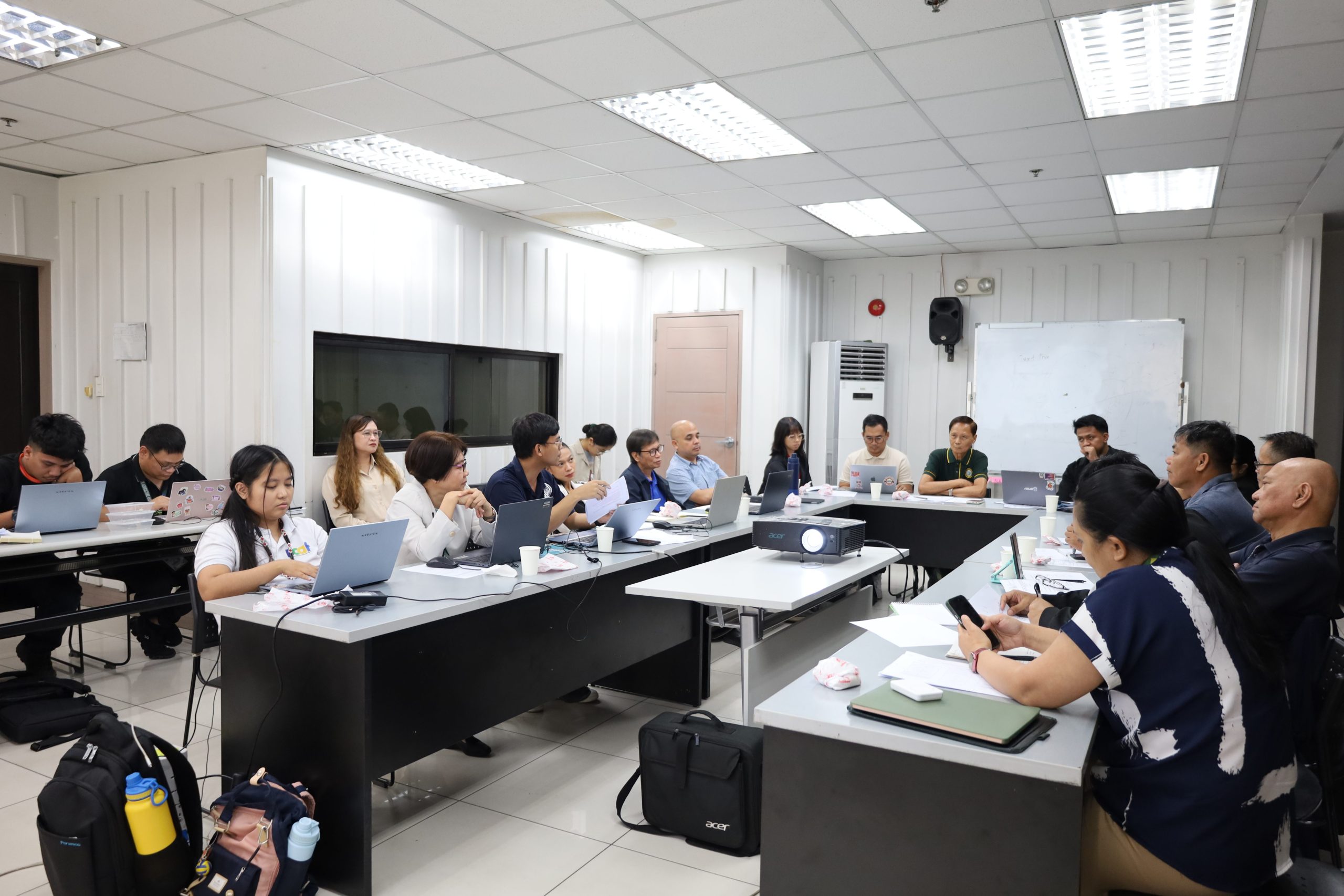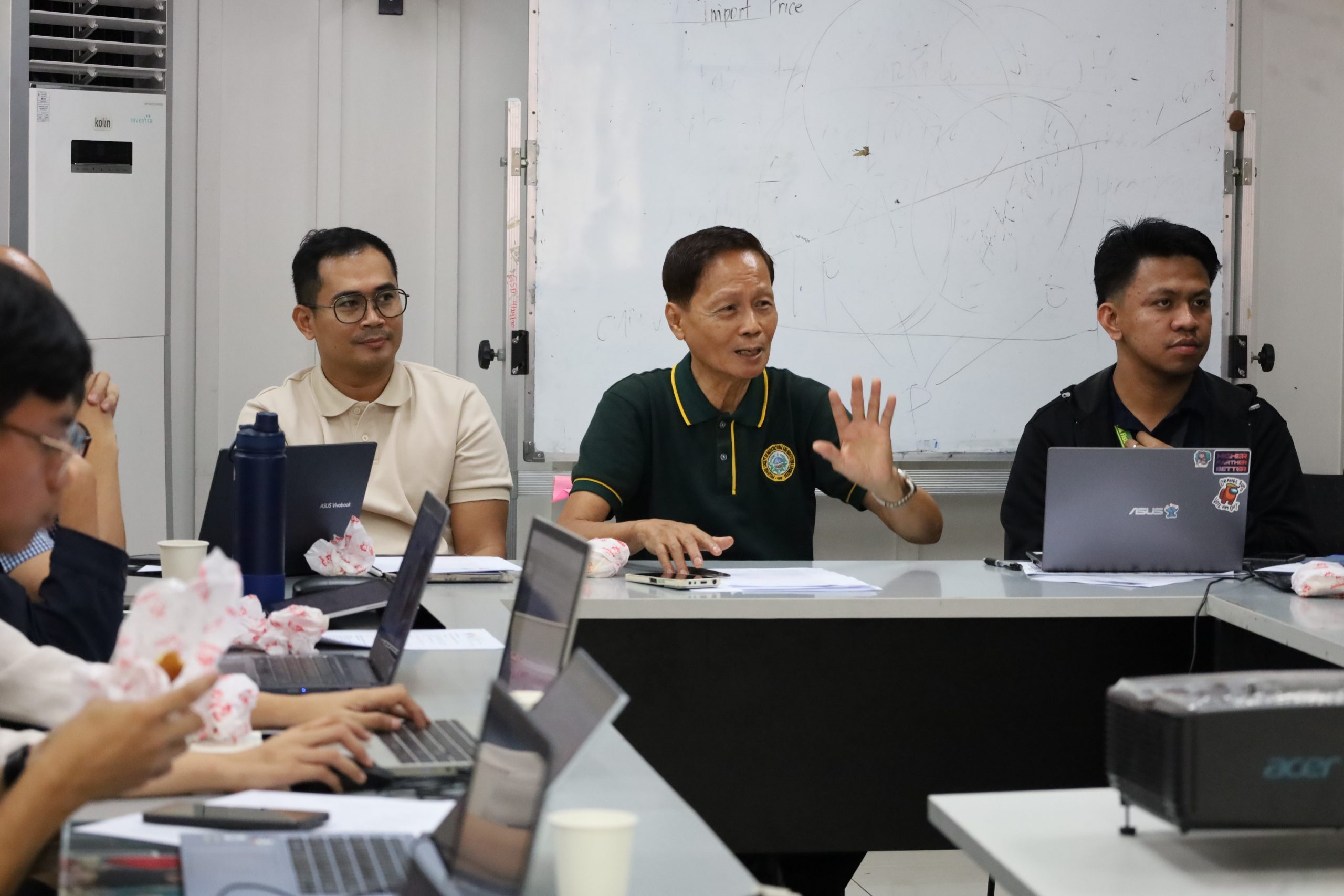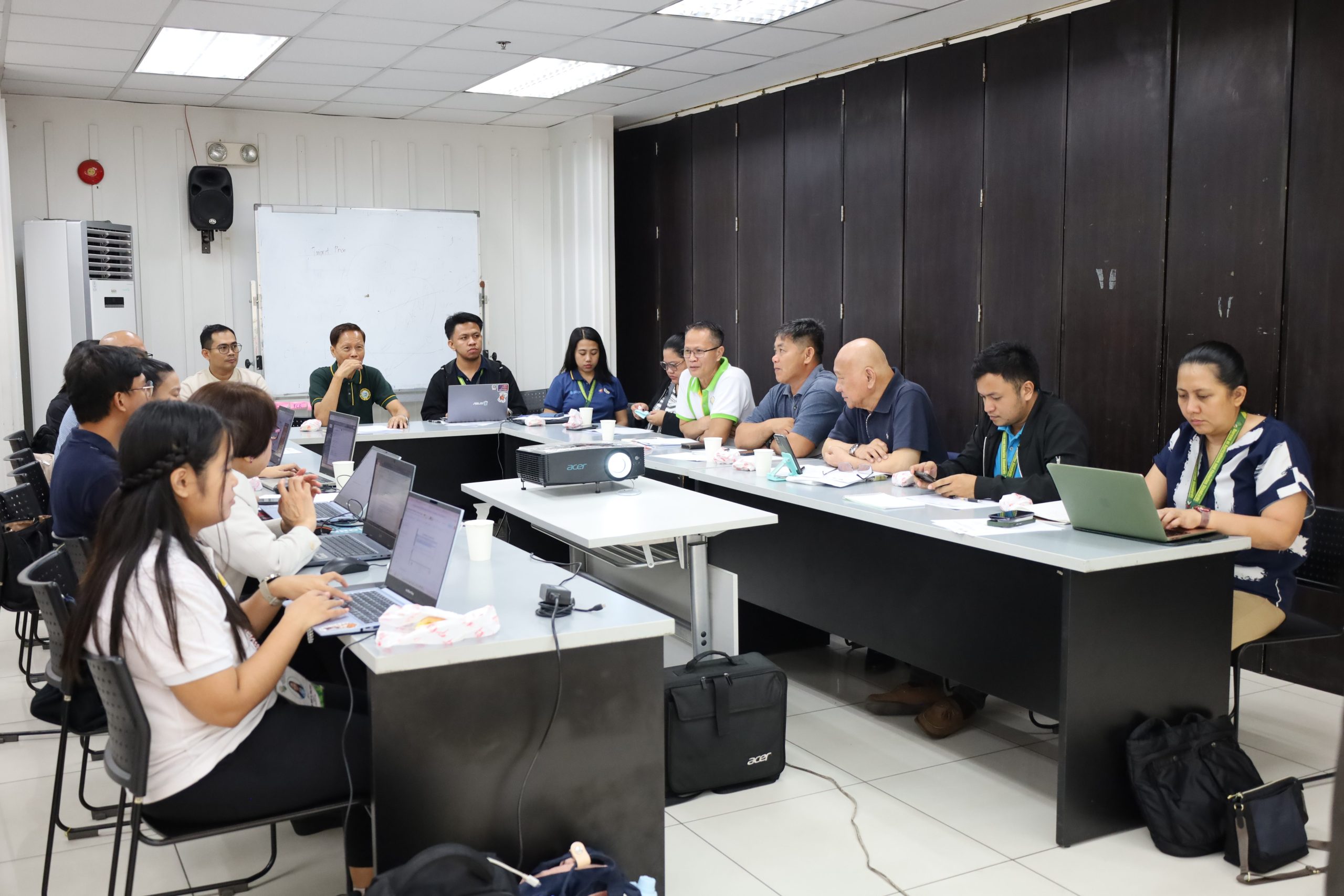
In a move to ensure that agricultural and biosystems engineering standards remain relevant and responsive to current needs, the Technical Working Group (TWG) on the Prioritization of Philippine National Standards (PNS) and Philippine Agricultural and Biosystems Engineering Standards (PABES) convened on May 16, 2025.
The meeting followed a request from the Bureau of Agriculture and Fisheries Standards (BAFS) to review aged or potentially outdated PNS/PABES, especially those with implications for user safety and trade compliance. The Philippine Council for Agriculture and Fisheries (PCAF), in response, reactivated the TWG under its Committee on Agricultural and Fisheries Mechanization (CAFMech)—to lead the review effort, in line with the Agricultural and Fisheries Mechanization (AFMech) Law.

To ensure an evidence-based and objective prioritization process, the TWG Secretariat developed a prioritization scoresheet and evaluation criteria. This tool will help guide the assessment, updating, and development of standards according to urgency and stakeholder impact.
During the meeting, the group reached key agreements, including:
- the need to align and synchronize standard development efforts across Department of Agriculture (DA) agencies to streamline processes and avoid redundancy; and
- a recommendation to categorize the 110 existing PNS into those that need thorough review and those requiring only minor updates.
The TWG meeting concluded by adopting a resolution recommending to the Department of Agriculture for the Bureau of Agricultural and Fisheries Engineering (BAFE), as the recognized regulatory authority, to spearhead the standards review. This strategic move is intended to ensure that updated standards are responsive, consistent, and beneficial to both local users and the global market.

For agricultural engineers, industry players, and policymakers, this development signals a renewed commitment to modernizing regulatory tools that support innovation, trade readiness, and safety in the agriculture and fisheries sectors. | Joy Camille Luza











